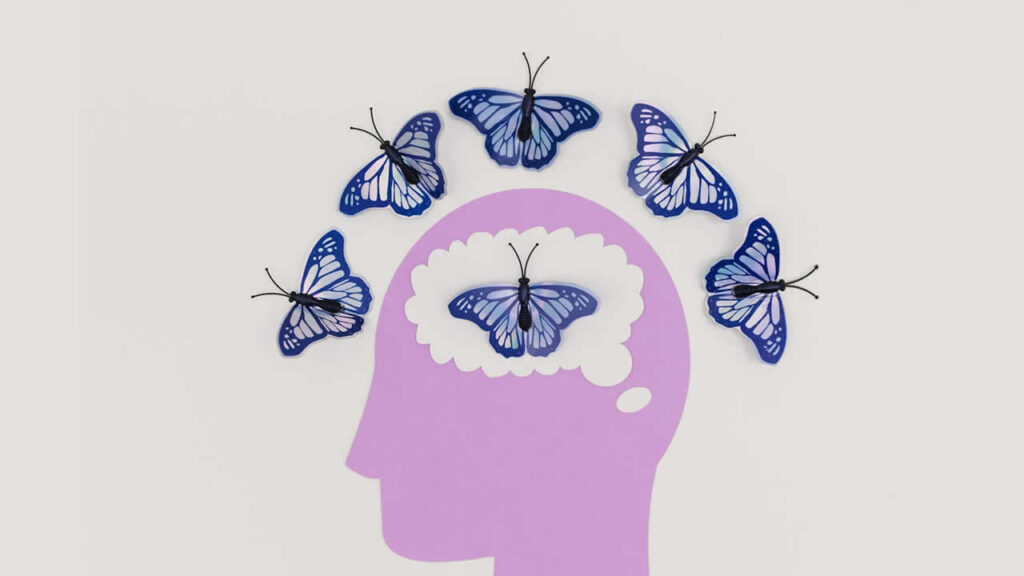The human body is a complex symphony of interconnected systems, and nowhere is this more evident than in the intricate relationship between the gut and the brain. Long dismissed as mere digestive organs, the gut and the brain are now recognized as dynamic partners in a bidirectional communication network known as the gut-brain connection.
This connection is facilitated by the vagus nerve, a vital pathway that links the gut and the brain, allowing them to communicate through a constant exchange of biochemical signals.
The revelation of this symbiotic relationship has sparked a revolution in the fields of neuroscience and gastroenterology, uncovering the profound influence our gut health can have on our mental well-being.
Research has shown that the gut is home to trillions of microorganisms collectively known as the gut microbiota. These microscopic inhabitants play a crucial role in regulating not only digestion but also the production of neurotransmitters and other chemicals that impact mood and cognition. The delicate balance of these microorganisms can influence mental health, with disruptions in the gut microbiota linked to conditions such as anxiety, depression, and even neurodegenerative diseases.
Conversely, the brain can also exert control over the gut, influencing its function and microbial composition. Stress, for instance, can lead to changes in gut motility, secretion, and permeability. This bidirectional communication has led researchers to explore the potential of interventions such as probiotics, prebiotics, and dietary changes to positively impact mental health by promoting a balanced and diverse gut microbiota.
The gut-brain connection extends beyond the realms of mental health, influencing appetite, food preferences, and even the development of certain chronic conditions. Understanding and harnessing the power of this intricate relationship may hold the key to a holistic approach to health—one that recognizes the inseparable link between our gut and our brain.
As we continue to unravel the mysteries of the gut-brain connection, it becomes increasingly clear that nurturing a healthy gut is not only beneficial for digestive health but is also a cornerstone for maintaining mental and overall well-being. This evolving field of research opens new avenues for personalized approaches to health that consider the dynamic interplay between our gut and brain—a partnership that holds profound implications for the future of medicine and wellness.







